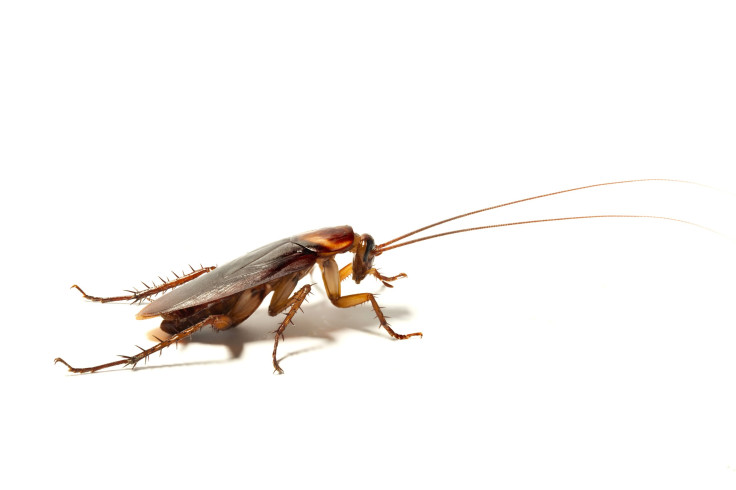Cockroach Infestation 2014: Foster Farms, Poultry Plant Linked To Salmonella Outbreak, Shut Down Due To Roaches

The Department of Agriculture has decided to close down a Foster Farms poultry plant in Livingston, Calif., due to an infestation of cockroaches. Not only is the plant the site of bacteria-spreading roaches, but that same Foster Farms was the source of a Salmonella outbreak in 2013, which sickened over 400 people in 23 states and Puerto Rico.
“Today our inspectors observed insanitary conditions in the plant,” Adam Tarr, a spokesman for the USDA’s Food Safety and Inspection Service (FSIS), said in a statement. The number of cockroaches spotted in the factory was not released, although a letter from the USDA said that cockroaches were seen near a hand wash sink.
“The plant treatment took place this afternoon, and the company expects to fully resume operation once approved for inspection by FSIS,” Foster Farm company officials said in a statement. They announced that they were shutting down “to allow for enhanced sanitizing to take place.” In a press release, Foster Farms stated, “Since September of 2013, FSIS identified a total of five cockroaches in our 315,000 square-foot Livingston plant. The company aggressively addressed each instance to the full satisfaction of FSIS.” The release continued, “Foster Farms is working in cooperation with the USDA-FSIS to monitor and further reduce Salmonella levels at all stages of production.”
Cockroaches, though they are common in most urban environments, can be dangerous to human health. According to the World Health Organization (WHO), cockroaches may carry diseases from latrines and garbage dumps, such as dysentery, leprosy, cholera, and typhoid fever, especially in poor, unsanitary places. Cockroaches search for food and water in kitchens and bathrooms; the WHO calls them “unhygienic scavengers in human settlements.” People can also become allergic to cockroaches.
Previously, FSIS did not shut down Foster Farms during the Salmonella outbreak because it had made some steps in creating processes for Salmonella control. During the outbreak, the USDA stated that Foster Farms poultry “could pose a serious ongoing threat to public health;” 25 percent of Foster Farms chicken samples were positive for Salmonella, according to the USDA. During the Salmonella outbreak, FSIS found several other serious health risks including “fecal matter” found on bird carcasses, “poor sanitary dressing practices, insanitary food contact surfaces, insanitary nonfood contact surfaces, and direct product contamination."
Published by Medicaldaily.com



























